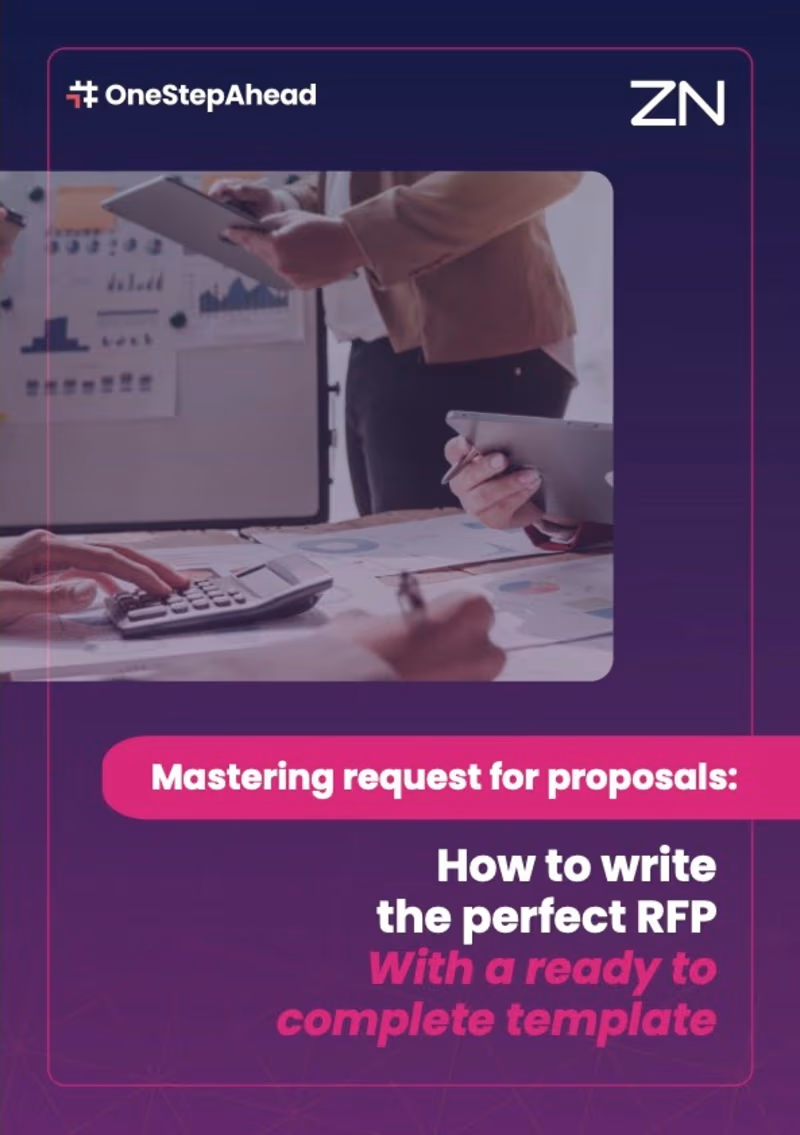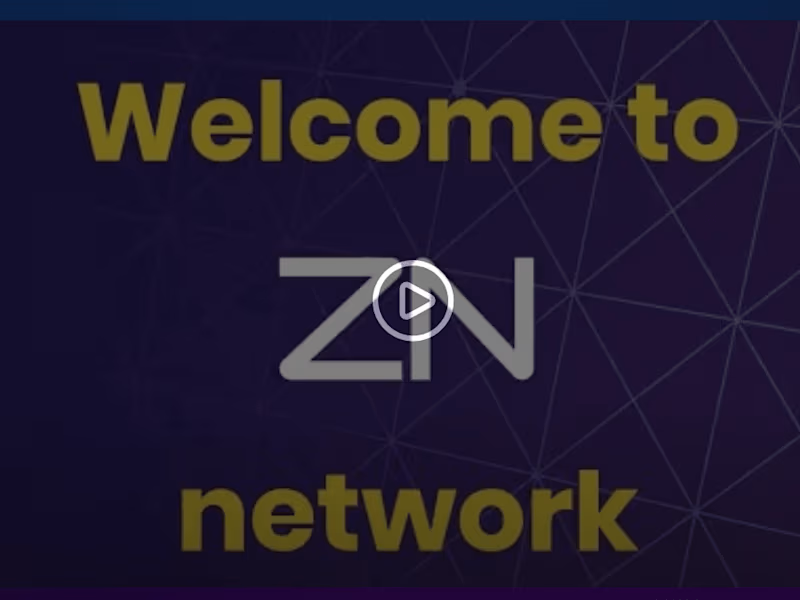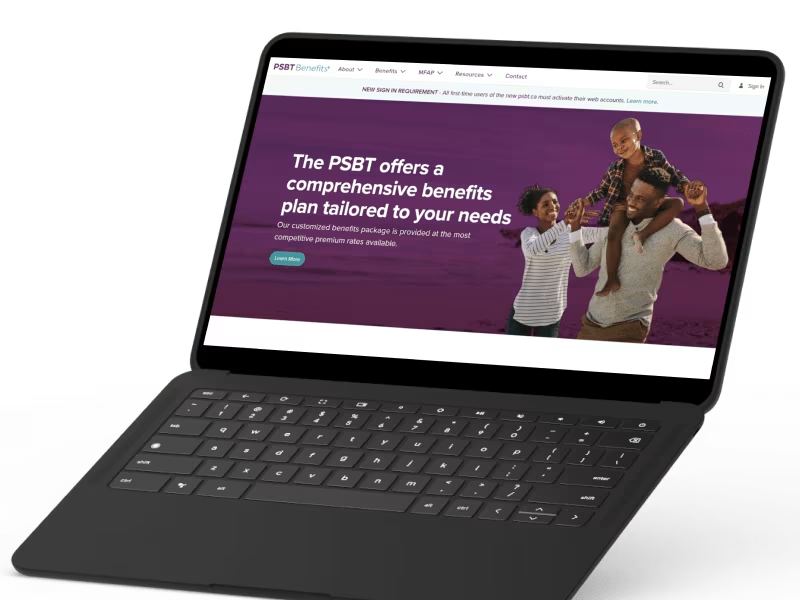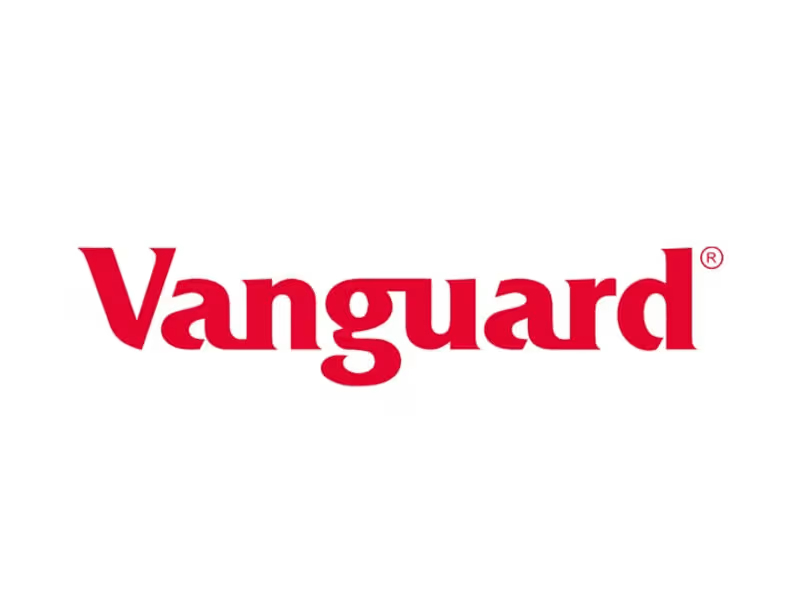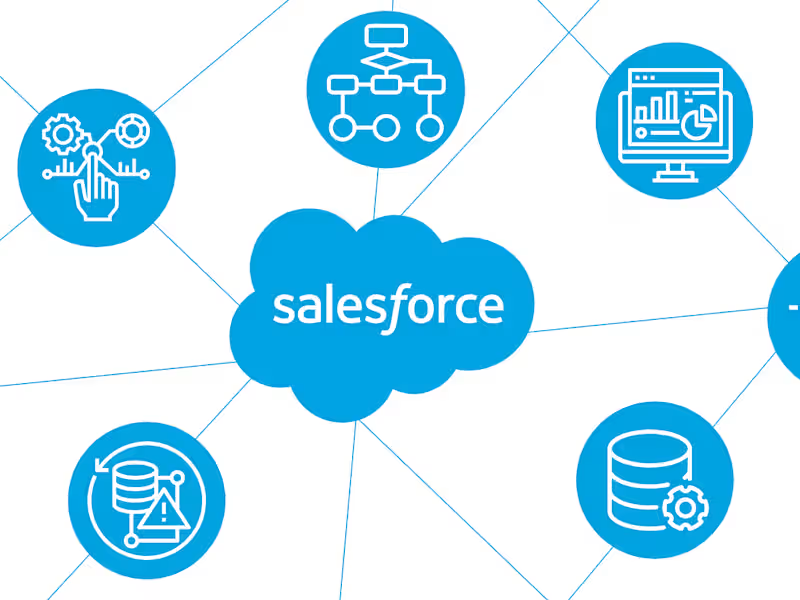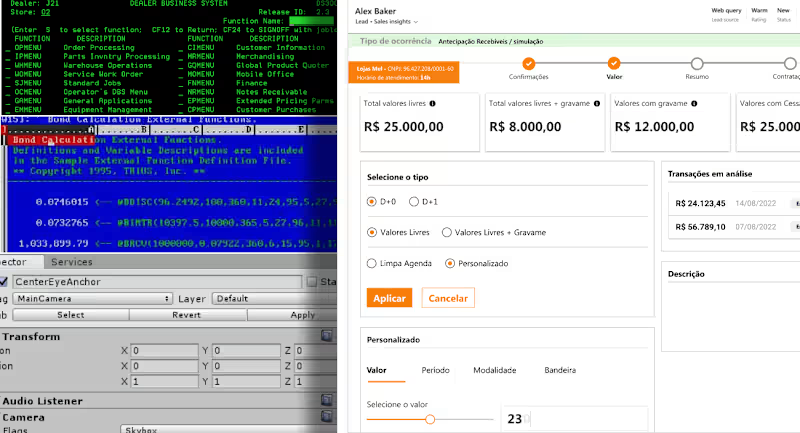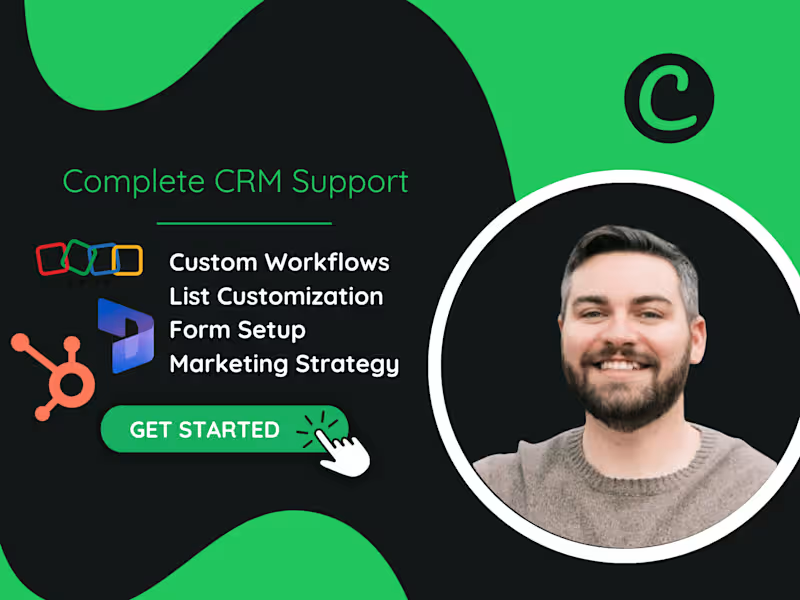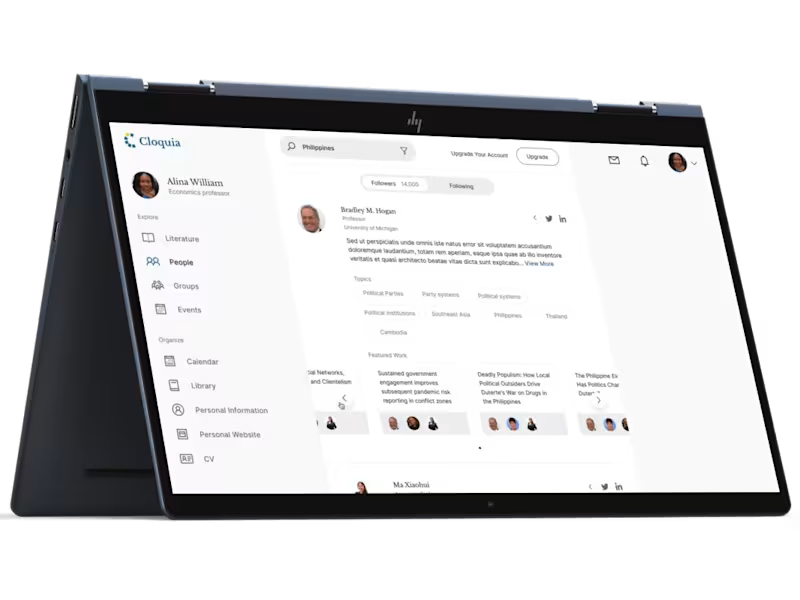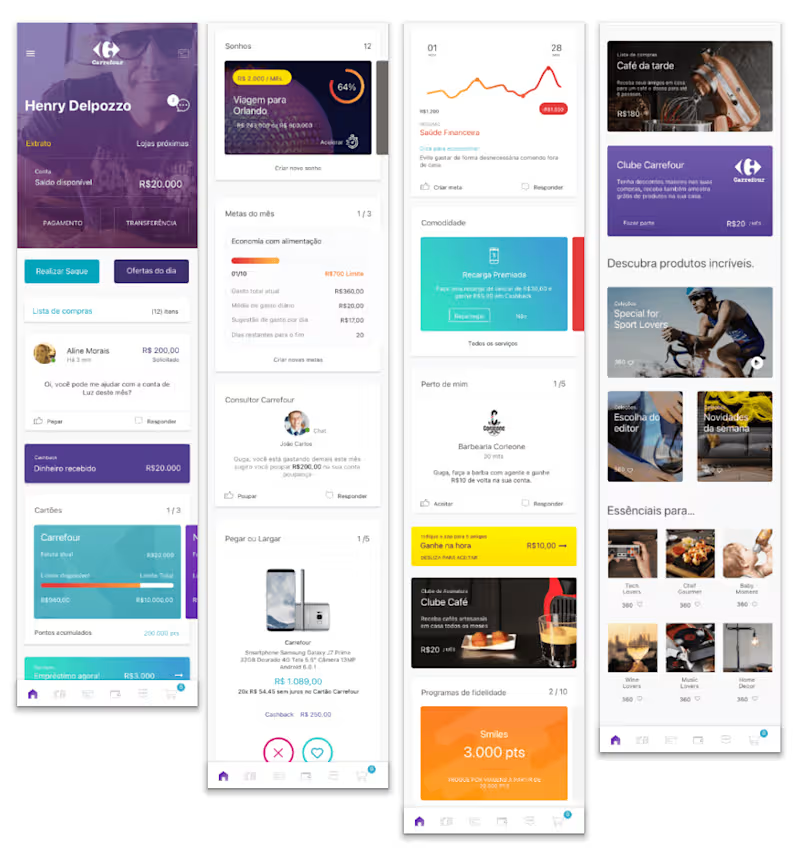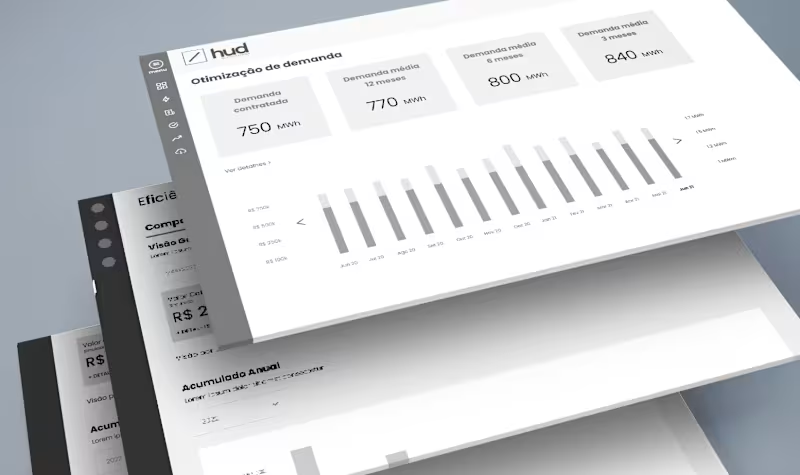Additional resources
What Are Microsoft Dynamics 365 Freelancers
Roles and Specializations in Dynamics 365 Freelancing
Key Differences Between Freelancers and Full-Time Professionals
Common Project Types for Microsoft Dynamics 365 Freelancers
Essential Skills to Look for When You Hire Dynamics 365 Developers
Technical Competencies and Programming Languages
Power Platform Integration Expertise
Azure Services and Cloud Architecture Knowledge
Module-Specific Functional Knowledge
Microsoft Dynamics 365 Certifications and Qualifications
Fundamental Certifications for Entry-Level Freelancers
Advanced Role-Based Certifications
Industry-Specific Credentials and Compliance Requirements
Cost Structure for Microsoft Dynamics 365 Consultants
Hourly Rate Ranges by Specialization
Regional Rate Variations and Market Factors
Project-Based vs. Retainer Pricing Models
Hidden Costs and Budget Considerations
Where to Find Freelance Dynamics 365 Experts
Professional Networks and Communities
Direct Outreach Strategies
Referral Programs and Industry Connections
Specialized Talent Pools and Databases
Evaluating Microsoft Dynamics 365 Freelancers
Technical Assessment Methods
Portfolio Review Best Practices
Reference Checking and Past Client Feedback
Trial Projects and Proof of Concept Work
Contract Terms for Dynamics 365 Contract Resources
Intellectual Property Rights and Ownership
Non-Disclosure Agreements and Confidentiality
Payment Terms and Milestone Structures
Termination Clauses and Exit Strategies
How to Outsource Dynamics 365 Projects Successfully
Project Scope Definition and Requirements Documentation
Communication Protocols and Collaboration Tools
Timeline Management and Deadline Setting
Quality Assurance and Testing Procedures
Managing Remote Microsoft Dynamics 365 Freelancers
Onboarding Processes for Freelance Teams
Performance Tracking and KPI Measurement
Integration with Internal Development Teams
Time Zone Coordination and Scheduling
Common Challenges When Hiring Microsoft Dynamics 365 Consultants
Knowledge Transfer and Documentation Issues
Security and Data Access Concerns
Cultural and Communication Barriers
Scalability and Resource Availability
Future Trends in Dynamics 365 Freelance Market
AI and Copilot Integration Expertise
Hybrid Cloud Deployment Skills
Remote Work Evolution and Global Talent Access
Emerging Specializations and Niche Markets






























